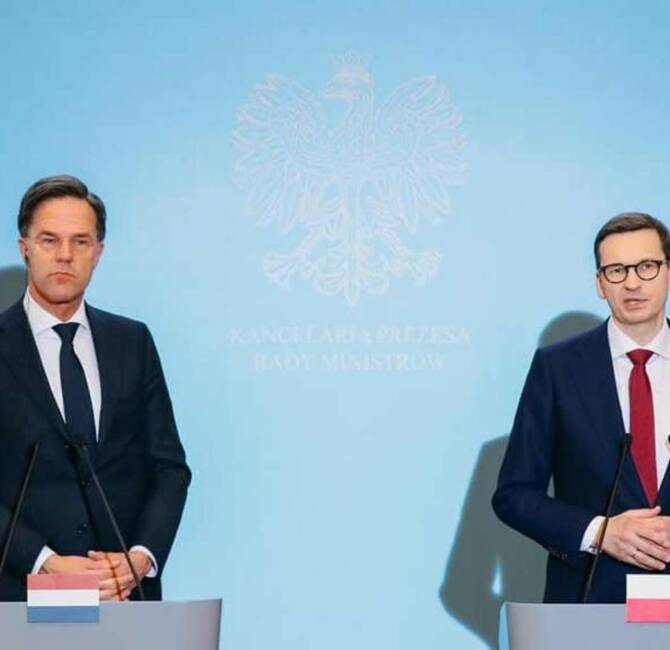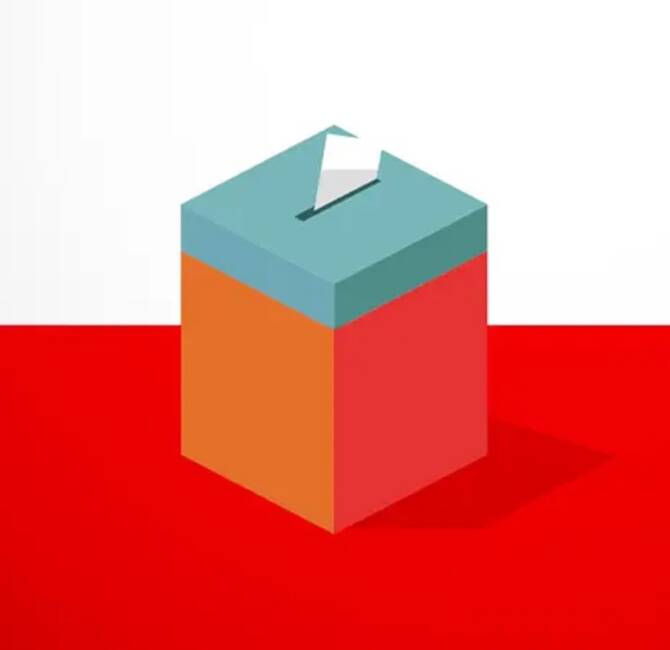Czechia – 21 people initially said they would try their luck in Czechia’s upcoming presidential election. After having gone through the scrutiny of the interior ministry, which had to check, among other things, that each candidate was endorsed by at least twenty deputies, ten senators or 50,000 citizens, nine candidates are left vying to succeed Miloš Zeman as the country’s president. The first round of the presidential election will take place on 13–14 January 2023.
Those candidates are Andrej Babiš, Jaroslav Bašta, Pavel Fischer, Marek Hilšer, Danuše Nerudová, Petr Pavel, Denisa Rohanová, Josef Středula, and Tomáš Zima.
A former finance minister (2014–2017) and prime minister (2017–2021), Andrej Babiš (68) is a Slovak-born businessman who in 2011 founded the populist movement ANO (Action of Dissatisfied Citizens), of which he remains chairman. Seemingly professing a combination of liberal and conservative values, he has good relations with Hungary’s Viktor Orbán. The latest polls give him 26–30% of the vote.
Jaroslav Bašta (74) was a minister without portfolio under the then Prime Minister Miloš Zeman from 1998 to 2000. He was later Czechia’s ambassador to Russia (2005–2007) and then Ukraine (2007–2010). Since the last elections in 2021, he has been a member of parliament representing the nationalist party Freedom and Direct Democracy (SPD) led by Tomio Okamura. He also has the support of the Trikolóra movement. Opinion polls give him between 2% and 4% of the vote.
Independent senator Pavel Fischer (57) is also a former diplomat. He was ambassador to France from 2003 to 2010. He currently chairs the Senate’s Committee on Foreign Affairs, Defence and Security. He was previously a candidate in the last presidential election in 2018, when he received 10.23% of the vote. Today, surveys of voting intentions put him between 5% and 7%.
Independent senator Marek Hilšer (46) is a physician, professor, and researcher at the First Faculty of Medicine of Charles University in Prague. He took part in humanitarian operations in Kenya in 2011 and 2012. He was a candidate in the 2018 presidential election too, when he received 8.8% of the vote. The latest polls give him 3–5% of the vote.
Economist and university professor Danuše Nerudová (43) was rector of the Mendel University in Brno (2018–2022), where she has headed the Institute of Accounting and Taxation since 2007. The latest surveys give her between 23% and 28% of the vote, making her one of the top three candidates in this election.
Former general Petr Pavel (61) served as Chief of Staff of the Czech Army (2012–2015) and then as Chairman of the NATO Military Committee (2015–2018). In 2020, he launched an initiative to raise funds to help volunteers involved in the fight against Covid in hospitals. The latest polls give him 26–27% of the vote.
Denisa Rohanová (47) is the chairwoman of an association that helps people with excessive debt. She was successively a member of the Social Democratic Party (ČSSD) and Tomio Okamura’s former Dawn of Direct Democracy party. She is expected to get around 1% of the vote.
Finally, physicist Tomáš Zima (56) is a former rector of Charles University in Prague, where he teaches biochemistry and medicinal chemistry. The latest polls give him around 1% of the vote.
Therefore, barring any surprises, the 2023 presidential contest will be between former Prime Minister Andrej Babiš, economist Danuše Nerudová, and General Petr Pavel. If none of the candidates obtains an absolute majority on 13–14 January, the two candidates who come out on top will face off again two weeks later, on 27–28 January.




